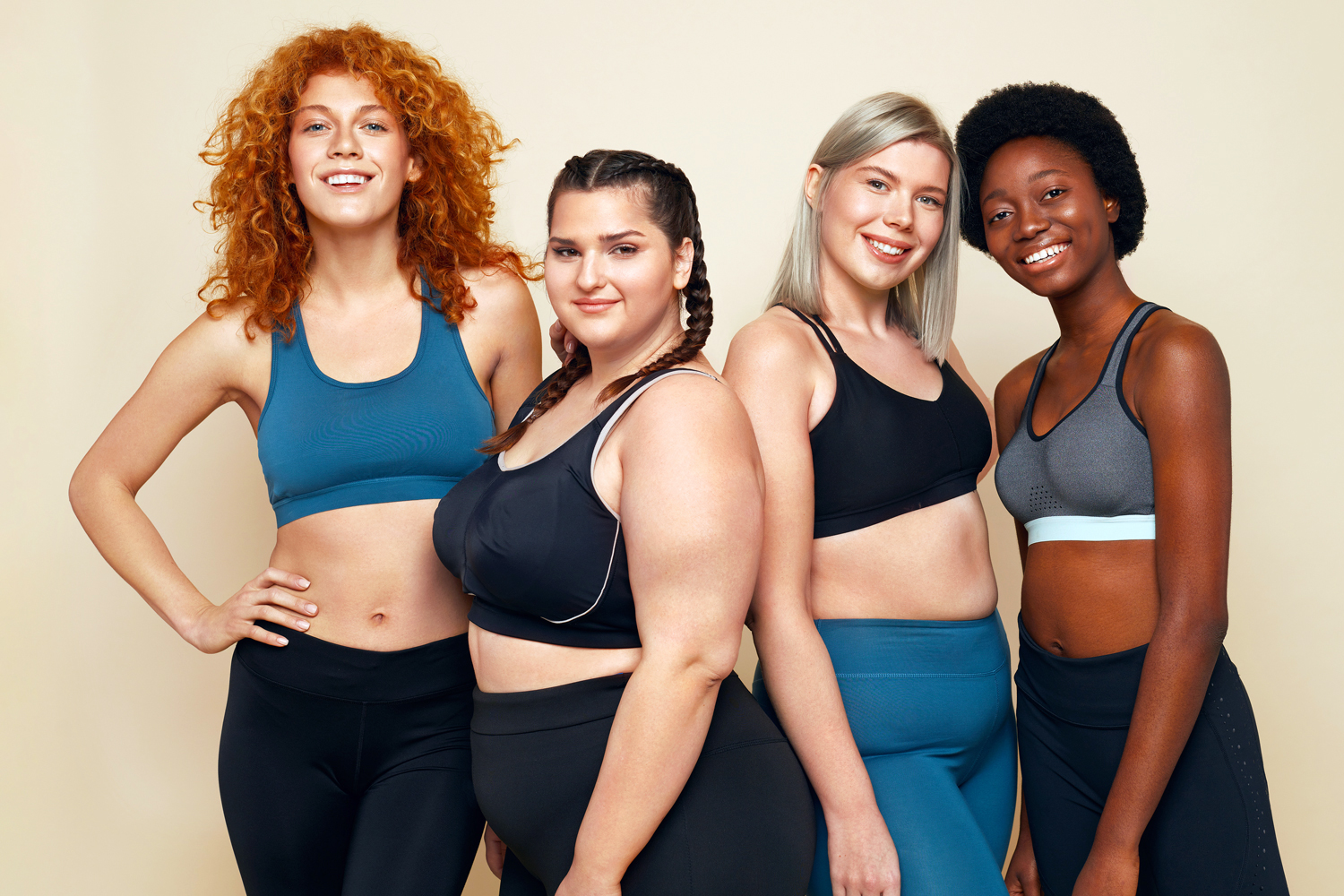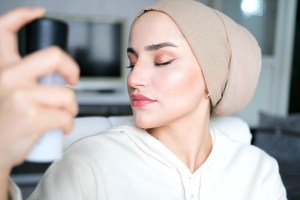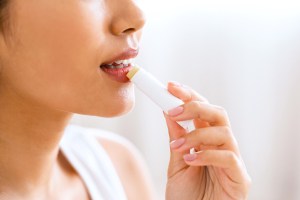In the wellness world, zinc is often touted as a cure-all for the weeklong colds that always seem to crop up as the seasons change. And if you’ve taken a zinc supplement yourself, you know that its reputation as a cold-buster is well deserved. But while zinc can help boost immunity, that’s far from its only benefit. In fact, the oft-forgotten mineral plays a pivotal role in our overall well-being that often goes unnoticed — and it boasts several unique qualities that make it particularly beneficial for women. If you feel like your current wellness regimen isn’t quite cutting it, you might want to talk to your doctor about adding zinc to your routine. Ahead, we’ll explain what it is, what it does, and why it may be worth snagging a zinc supplement on your next trip to the pharmacy.

What Is Zinc?
According to the National Institutes of Health (NIH), zinc is an essential mineral, which means your body cannot function properly without it. In the body, it helps enzymes carry out vital functions, supports cellular growth and development, and helps build proteins, per the Harvard School of Public Health. You don’t need much of it to reap these benefits, either: The NIH recommends roughly 8 milligrams per day for adult women and 11 milligrams for adult men, which is typically easy to reach with a balanced diet. Oysters are especially high in zinc, offering up to 32 milligrams per 3-ounce serving. Other foods high in zinc include:
- Crab
- Shrimp
- Beef
- Pork
- Eggs
- Dairy products
Beans, legumes, and whole grains also contain zinc, but in lesser quantities — and it’s less bioavailable (meaning it’s absorbed less easily) than zinc from animal-based foods, per the NIH. If you’re vegetarian or vegan, taking a zinc supplement (or a multivitamin containing zinc) can help ensure you get enough of this vital mineral to stay healthy.

What Does Zinc Do?
1. Boosts Immunity
Research shows that zinc is vital for proper immune function. Adequate intake supports the development and function of immune cells, which in turn helps protect your body against harmful germs and bacteria. Some evidence even suggests that taking zinc as soon as possible after onset can shorten the duration of the common cold by up to 33%.
2. Supports Reproductive Health
According to a study published in the journal Biology of Reproduction, zinc is essential for both male and female reproductive health. In men, it helps promote spermatogenesis (the process of sperm cell development), while in women, it plays a key role in supporting oocyte development and maturation. It’s also necessary for ovulation — which is especially important to keep in mind if you hope to become pregnant now or in the future. If you do become pregnant, you’ll typically want to increase your intake slightly to help support normal fetal growth and development. The NIH recommends consuming between 11 and 12 milligrams per day during pregnancy, and up to 13 while lactating.
3. Supports Strong Bones
The Cleveland Clinic reports that roughly 50 million people worldwide have osteoporosis — and it’s especially common in women over 50. This common condition causes the bones to lose density and become brittle, which may leave you at risk for painful breaks and fractures. While taking zinc is unlikely to prevent osteoporosis, it can help support proper bone growth, regeneration, and development. If you’re nearing 50 or have a family risk of osteoporosis, it may be worth adding a zinc supplement to your wellness regimen. Just be sure to consult your doctor first, as zinc supplements may interfere with other medications.
4. Promotes Healthy Skin
According to a study published in Nutrients, zinc assists in the growth and development of several proteins necessary for healthy-looking skin, including collagen. While we typically think of collagen in terms of aging (as collagen loss is associated with more prominent fine lines and wrinkles), this essential protein also assists in wound healing. Without enough zinc, wounds may take longer to heal, which can leave you susceptible to infections or scarring. Zinc also boosts anti-inflammatory and antioxidant benefits, which derms say can help keep breakouts and other skin concerns at bay.
5. Lowers Blood Sugar and Cholesterol
Per the CDC, roughly 18.3 million women in the United States have diabetes. This disease can occur when your body produces too little insulin, which causes blood sugar to surge past normal levels. If left untreated, diabetes can damage the kidneys, eyes, nerves, and heart. It’s even linked with some types of cancer. Studies show that zinc supplementation may help manage both Type 1 and Type 2 diabetes. The essential mineral helps regulate blood sugar and supports proper insulin function, which can help minimize the risk of developing diabetes. The mineral’s anti-inflammatory properties may also help protect your organs from damage due to the disease. With that being said, over-the-counter zinc supplements aren’t a replacement for medication. If you have diabetes or are at risk of developing it (for example, due to high blood sugar), it’s essential to follow your doctor’s guidelines regarding medication, diet, and exercise. Don’t take zinc — or any other supplement — without the green light from your doctor.
This article is for general informational purposes only.
Affiliate Disclaimer Medical Disclaimer












 Unique Beauty is free for all users.
Unique Beauty is free for all users.